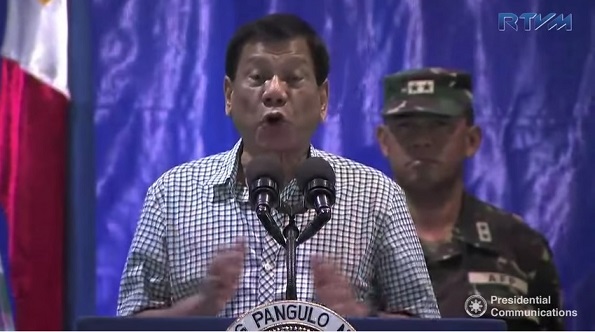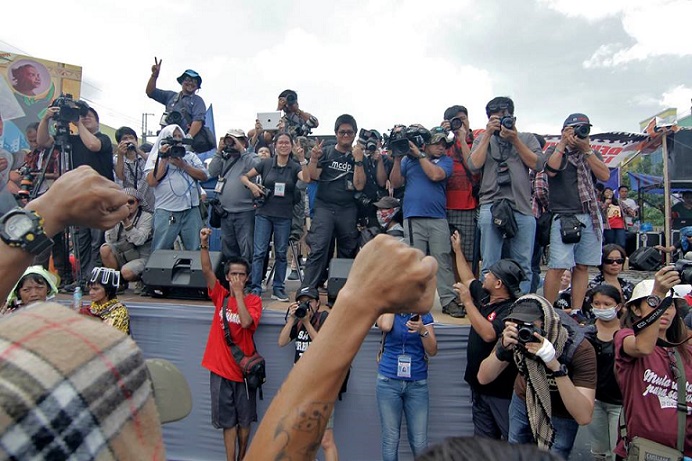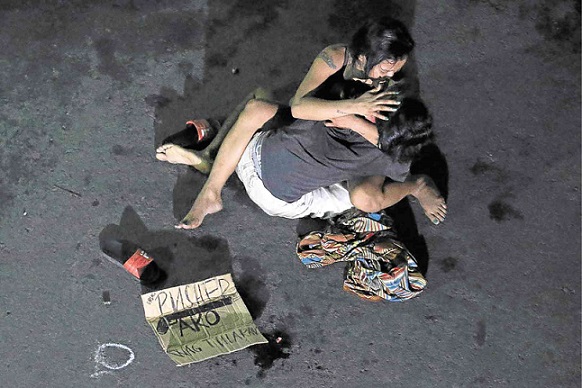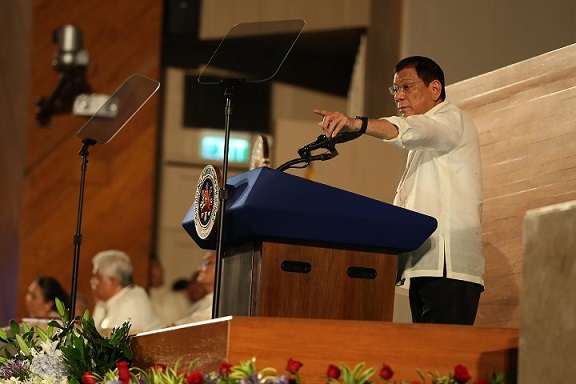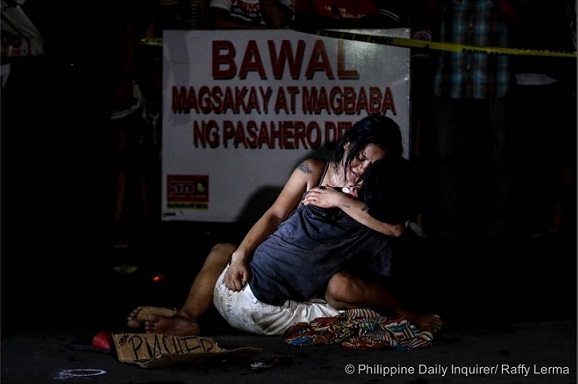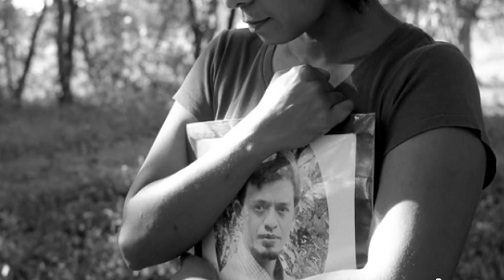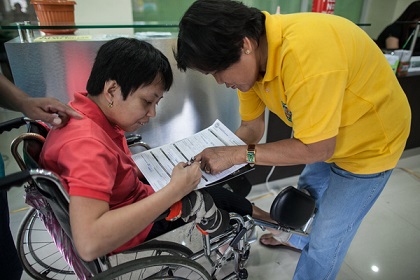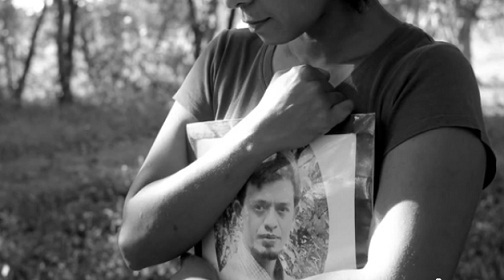
Every Undas or All Souls Day (Nov. 2) when Filipinos troop to cemeteries to remember departed loved ones, I always think of the families of desaparecidos.
Where do they go to offer flowers and light the candles for their dead whom they didn’t bury? I think of Edith Burgos, whose son Jonas was last seen on April 28, 2007 at the Ever Gotesco Mall. I think of University of the Philippines students Sherlyn Cadapan and Karen Empeno who were last seen on June 26, 2006 in Hagonoy, Bulacan.
There are many more: Father Rudy Romano, a Redemptorist priest who served landless peasants and displaced settlers and the six workers of Paper Industries Corporation of the Philippines namely Joseph Belar, Jovencio Lagare, Romualdo Orcullo, Diosdado Oliver, Artemio Ayala Jr. and Arnold Dangkiasan.
The list is long according to Asian Federation against Involuntary Disappearances (AFAD) and Families of Victims of Involuntary Disappearance (FIND).
